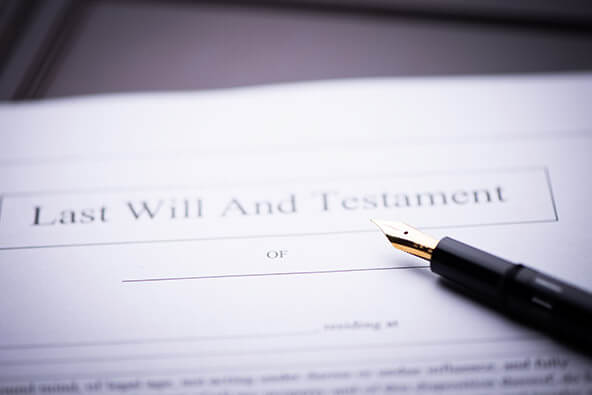The term probate refers to the entire legal process that takes place after a person passes away. An official appointed by the local court supervises all probate actions. Probate can be a difficult process, and it can be challenging to understand everything taking place if you do not know what to expect. We outline the basic process of probate in this blog.
Steps Involved in the Standard Probate Action
Probate typically involves the following:
- Proving that the will of the deceased individual is valid. Although this is usually a routine process, people who feel the will is not valid may attend the probate hearing to voice any objections.
- Identifying the assets of the deceased and assigning a value to each one.
- Locating the beneficiaries of the will, known as decedents.
- Completing a formal appraisal of the deceased individual’s real estate property, if any.
- Paying any outstanding debts and taxes using money from the estate of the deceased.
- Filing a final tax return on behalf of the deceased’s estate.
- Distributing the remaining property and money to people named in the will.
The fees to pay for lawyer and court services come directly from the estate of the deceased. Unfortunately, that means fewer funds remain for the decedents when the time comes to distribute proceeds from the will. Retaining the legal services of an experienced law firm is essential to reducing the time spent in probate. The sooner the estate settles, the higher the value of the original will.
The Executor of the Estate Initiates the Probate Process
Part of preparing a will is to name an executor to handle its settling after the person dies. When death occurs, the executor named in the will files paperwork with the local court. People who die without a will have an executor assigned to their estate by the court. The executor bears responsibility for presenting the court with the deceased individual’s assets, debts, and names and contact information for each decedent. The court then notifies creditors and relatives about the person’s death.
Finding, securing, and managing the assets of the deceased can take several months to more than a year. If the person who passed away left a lot of debt, the executor can decide to sell assets to pay those debts. Most states allow immediate family members of the deceased to request short-term funds as they wait for the will to settle.
Probate is Not Automatic
People often dread the process of probate, but you should know that it does not happen automatically. For example, surviving spouses become the sole owner of property that the two owned jointly as a couple. Investment accounts and insurance policies name beneficiaries, and those named have legal entitlement to the inheritance without going through probate. Each state also protects a certain amount of assets from the probate process.
The elder and disability rights law firm Beasley & Ferber celebrated our 30th year of service in 2021. We invite you to contact us to learn more about how we can assist your family in the settling of a loved one’s will.






